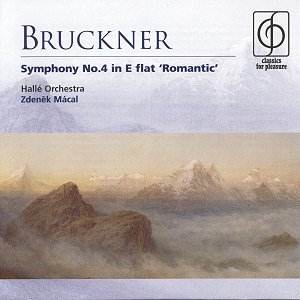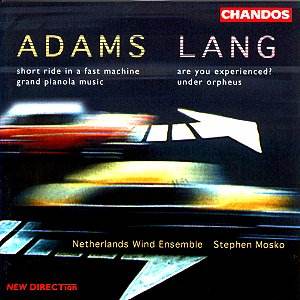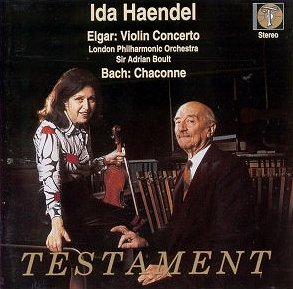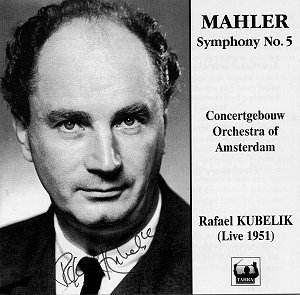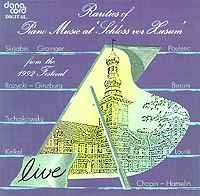 Composer: Various
Composer: Various
Works: Mendelssohn: Lied ohne Worte op. 102 No. 4; Schubert-Liszt: Der Müller und der Bach; Busoni: No. 5 (after Mozart); Tchaikovsky: Meditation op. 72 No. 5; Scriabin: Prélude op. 67 No. 2, Prélude op. 17 No. 6, Poème op. 59 No. 1, Prelude op. 59 No. 2; Kelkel: Tombeau de Scriabine op. 22; Poulenc: Pastorale; Debussy: Etude pour les “cinq doigts”; Lourié: Valse, Gigue; Granados: Mazurka; Grainger: Colonial Song; Hamelin: Triple Etude (after Chopin); Deshevov: Gleise (Tracks); Petyrek: Wurstelprater; Goldschmidt: From the Ballet; Bach-Tausig: O Mensch, bewein’ dein Sünde groß; Rozycki-Ginzburg: “Casanova”- Fantasy
Performers: Serge Babayan (piano), Igor Shukov (piano), Peter-Jürgen Hofer (piano), Bernard Ringeissen (piano), Marie-Cathérine Girod (piano), Marc-André Hamelin (piano), Kolja Lessing (piano), Daniel Berman (piano)
Recording: Live at the Husum Festival, 1992
Label: Danacord
The 1992 Husum Festival has yielded a treasure trove of piano music, encapsulated in this captivating recording that showcases a range of composers from the early Romantic to the modern era. The juxtaposition of familiar works with lesser-known pieces creates a vibrant tapestry that invites both seasoned listeners and newcomers to explore the expansive landscape of piano repertoire. In particular, the inclusion of Mendelssohn, Tchaikovsky, and Scriabin alongside their contemporaries and descendants speaks to the enduring legacy and influence of these composers.
Serge Babayan’s performance of Mendelssohn’s “Lied ohne Worte” op. 102 No. 4 serves as an exquisite entry point into the disc. The piece’s lyrical lines unfold with a delicate balance, exemplifying the rich melodic contours that characterize much of Mendelssohn’s oeuvre. Babayan’s nuanced phrasing and dynamic control bring a wistful introspection to the work, elevating it beyond mere sentimentality. The subsequent transcription of Schubert’s “Der Müller und der Bach” by Liszt showcases Babayan’s technical prowess. Here, the seamless integration of Schubert’s vocal line with Liszt’s pianistic flair creates an enchanting dialogue, revealing the intrinsic beauty of both composers’ styles.
Igor Shukov’s interpretations of Tchaikovsky and Scriabin are equally compelling. The “Meditation” from Tchaikovsky’s Eighteen Piano Pieces op. 72 is a lyrical gem, and Shukov captures its emotional trajectory with clarity and warmth. His approach to Scriabin’s works is particularly noteworthy; the Prelude op. 67 No. 2, marked by harmonic instability, is rendered with an adventurous spirit, while the Poème op. 59 No. 1 exhibits a magical, almost ethereal quality. Shukov’s ability to navigate the complexities of Scriabin’s later works underscores his deep understanding of the composer’s evolving musical language.
Peter-Jürgen Hofer’s rendition of Manfred Kelkel’s “Tombeau de Scriabine” is a highlight of the recording. This piece, an homage to Scriabin’s unfinished sketches, features a rich tapestry of thematic transmutations that Hofer executes with conviction. The work’s fragmented nature lends itself to repeated listenings, as each hearing reveals new intricacies and connections. The pianist’s commitment to the challenging material is palpable, allowing the listener to engage with the multifaceted layers of Kelkel’s homage.
Bernard Ringeissen’s performance of Poulenc’s “Pastorale” is infused with the French composer’s characteristic wit and charm. The piece’s pastoral qualities are illuminated by Ringeissen’s light touch and rhythmic buoyancy, creating an inviting atmosphere. Conversely, Marc-André Hamelin’s “Triple Etude” after Chopin is a striking display of technical brilliance, merging three of Chopin’s études into a single, virtuosic entity that dazzles with its acrobatic demands.
The sound quality of this live recording is commendable, capturing the distinctiveness of each performer while providing an engaging acoustic backdrop. The engineering allows for a clear delineation of textures, particularly in ensemble works, where the interplay between voices is crucial. This clarity enhances the listening experience, making the intricate polyphonic passages of Busoni’s “Five Short Pieces” all the more engaging.
This collection not only enriches the listener’s understanding of the piano repertoire but also serves as a vital reminder of the wealth of music that lies beyond the standard concert fare. Each performer brings a unique perspective, creating a multi-faceted exploration of the piano’s capabilities. The thoughtful programming and high-caliber performances make this disc an essential addition to any classical music enthusiast’s collection, promising both enjoyment and discovery. The Husum Festival’s commitment to showcasing rare and overlooked works through such dedicated artistry is a testament to the enduring allure of the piano repertoire.
